With a set of food, health, water, and sanitation assistance for the benefit of 25,423 internally displaced people (IPDs) at the camps of Dolow district, Gedo region, Jubaland, as well as 162,000 heads of livestock, at a total cost of $500,000, the Qatar Red Crescent Society (QRCS) has launched an emergency response to the drought in Somalia (QR1,822,500).
The project’s goal is to provide primary healthcare, clean drinking water, and public health education to IDPs who are affected by the drought and to address their top needs. These initiatives will improve hygiene, lower the risk of waterborne illnesses, and lower malnutrition rates among children, pregnant women, and senior citizens.
The project’s goal is to provide primary healthcare, clean drinking water, and public health education to IDPs who are affected by the drought and to address their top needs. These initiatives will improve hygiene, lower the risk of waterborne illnesses, and lower malnutrition rates among children, pregnant women, and senior citizens.
According to the plan, the following activities will be carried out:
1. Water and Sanitation: provision of potable water for three months, totaling 270 20-litre water tanks, to be used for drinking purposes for 4,000 people and 162,000 heads of livestock, as well as the distribution of 850 hygiene kits containing soap, hand sanitisers, detergents and jerrycans.
2. Healthcare: deployment of a mobile clinic for three months to provide primary healthcare services (such as clinical examinations, laboratory tests, minor surgeries and medications) and hold health education sessions, for the benefit of 5,400 people.
3. Food Security: a total of 2,289 food parcels will be distributed to 16,023 people, each containing 94.5kg of food staples such as flour, rice, sugar, vegetable oil, infant formula and dates.
Prior to the project, there was co-ordination with the competent authorities in Somalia to identify the beneficiaries and outline the mechanisms of implementation. The project is being carried out in partnership with Somalia’s Ministry of Health (MoH), Ministry of Humanitarian Affairs and Disaster Management (MoHADM), Somali Red Crescent Society (SRCS) and camp management committees in Jubaland.
According to Somali humanitarian organizations, the drought calamity has recently gotten worse, putting more than 6.1 million people at danger for food insecurity, water scarcity, and malnutrition, up from 3.2 million in December 2021.
The drought, which has killed more than 34,000 animals and threatens millions of lives in the Lower and Middle Juba, Gedo, Galgaduud, and Mudug districts of Jubaland and Galmudug, is worst in the southern provinces.
10.7 million people, according to MoHADM, are suffering from terrible humanitarian situations as a result of drought, desert locusts, and erratic rainfall, in addition to the effects of Covid-19, which have had a significant negative influence on the nation’s economy and food prices.
1. Water and Sanitation: provision of potable water for three months, totaling 270 20-litre water tanks, to be used for drinking purposes for 4,000 people and 162,000 heads of livestock, as well as the distribution of 850 hygiene kits containing soap, hand sanitisers, detergents and jerrycans.
2. Healthcare: deployment of a mobile clinic for three months to provide primary healthcare services (such as clinical examinations, laboratory tests, minor surgeries and medications) and hold health education sessions, for the benefit of 5,400 people.
3. Food Security: a total of 2,289 food parcels will be distributed to 16,023 people, each containing 94.5kg of food staples such as flour, rice, sugar, vegetable oil, infant formula and dates.
Prior to the project, there was co-ordination with the competent authorities in Somalia to identify the beneficiaries and outline the mechanisms of implementation. The project is being carried out in partnership with Somalia’s Ministry of Health (MoH), Ministry of Humanitarian Affairs and Disaster Management (MoHADM), Somali Red Crescent Society (SRCS) and camp management committees in Jubaland.
According to Somali humanitarian organizations, the drought calamity has recently gotten worse, putting more than 6.1 million people at danger for food insecurity, water scarcity, and malnutrition, up from 3.2 million in December 2021.
The drought, which has killed more than 34,000 animals and threatens millions of lives in the Lower and Middle Juba, Gedo, Galgaduud, and Mudug districts of Jubaland and Galmudug, is worst in the southern provinces.
10.7 million people, according to MoHADM, are suffering from terrible humanitarian situations as a result of drought, desert locusts, and erratic rainfall, in addition to the effects of Covid-19, which have had a significant negative influence on the nation’s economy and food prices.


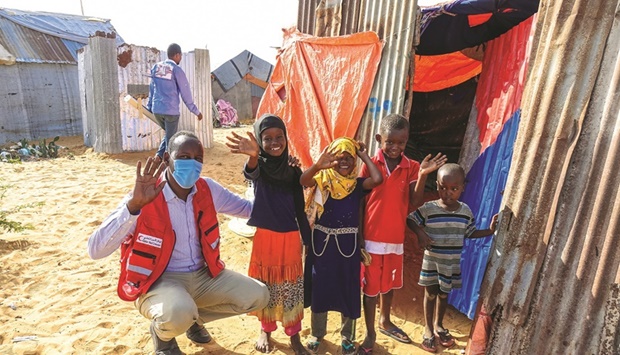
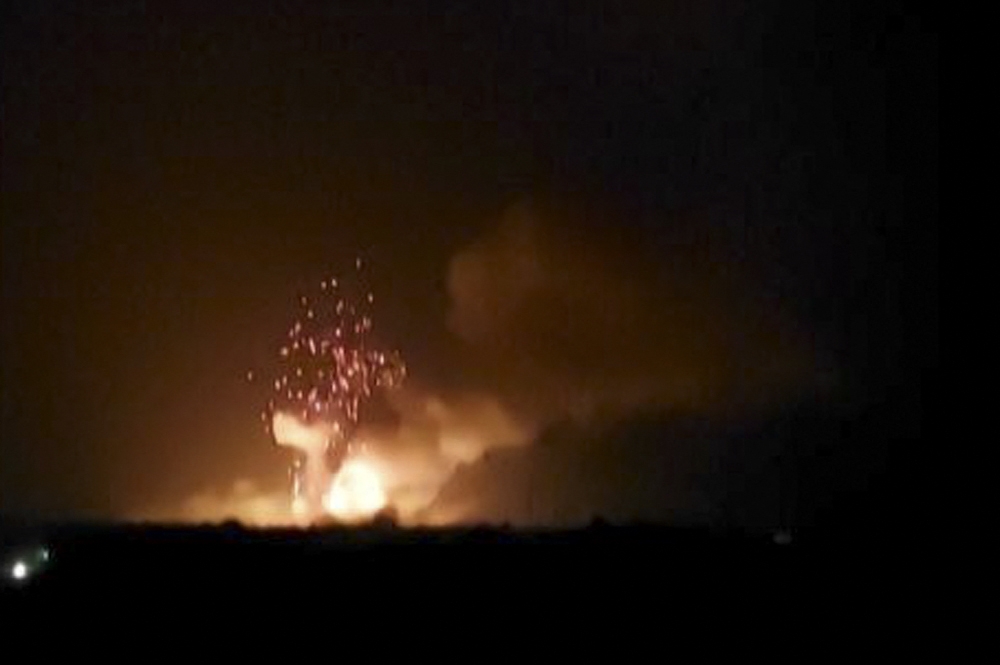
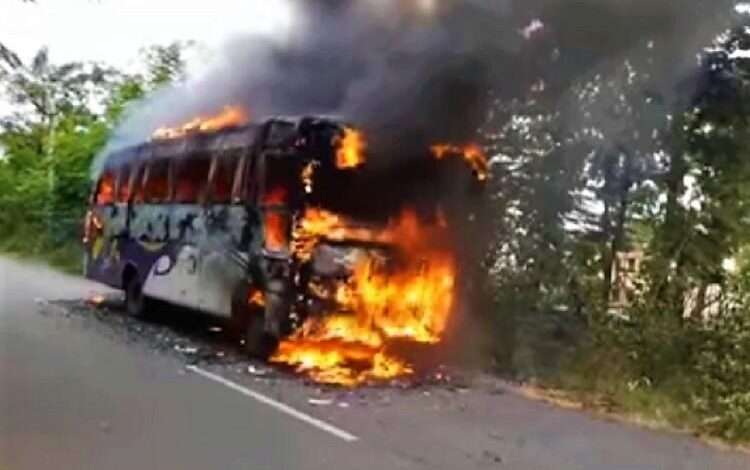
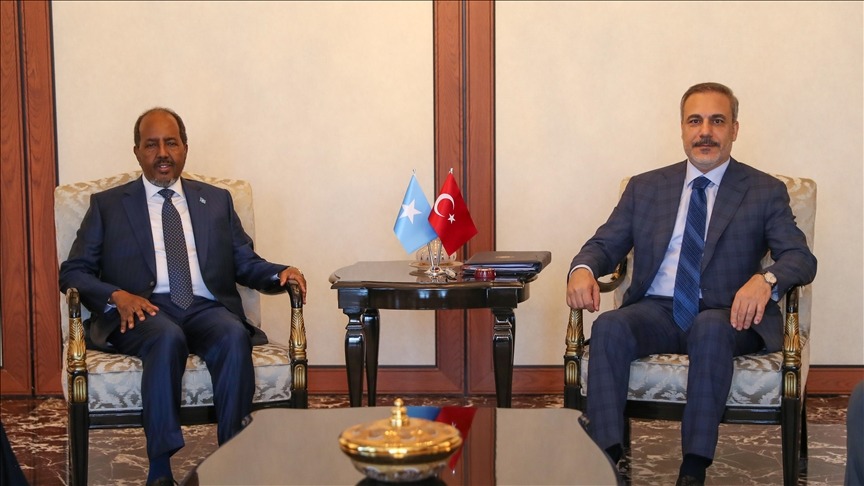
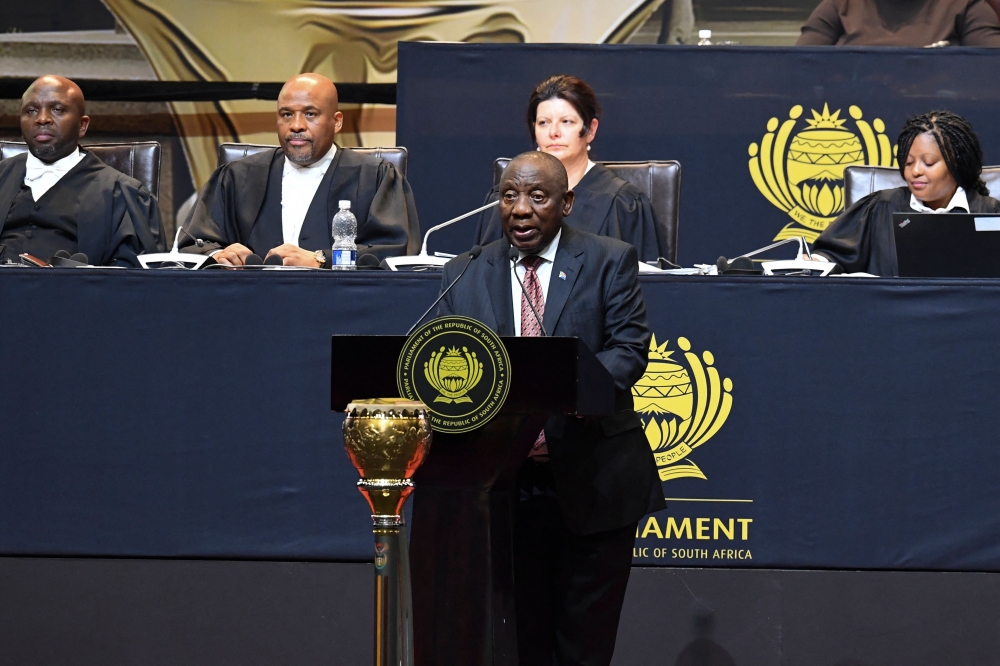

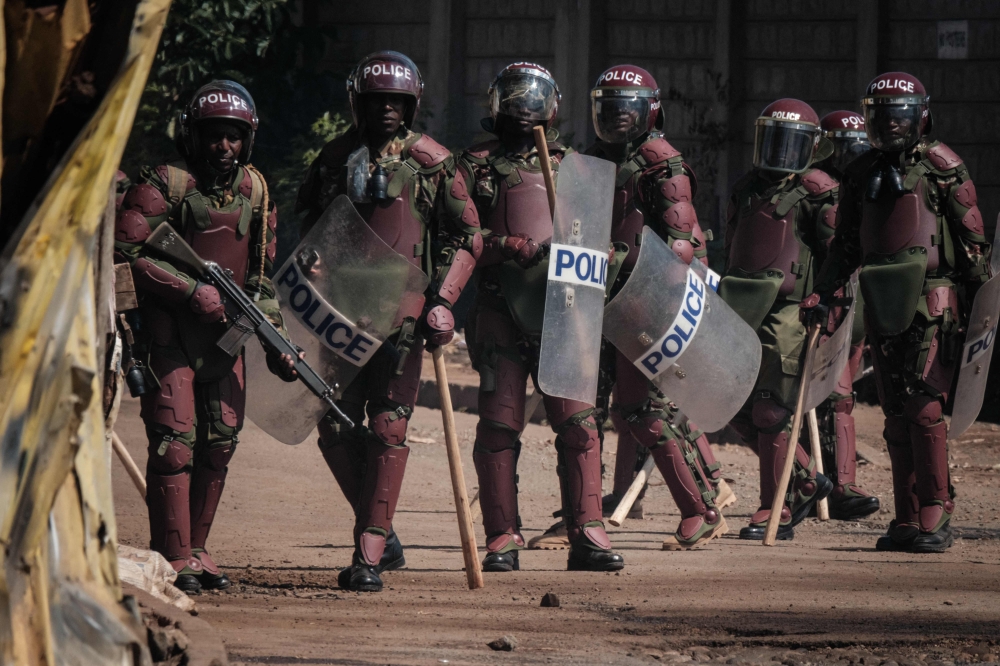
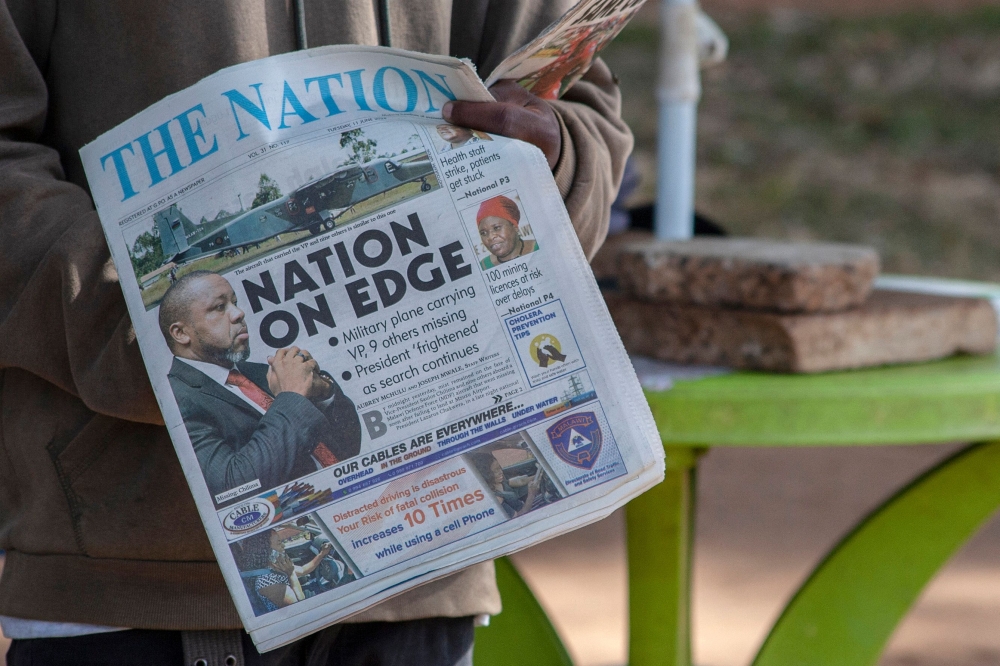


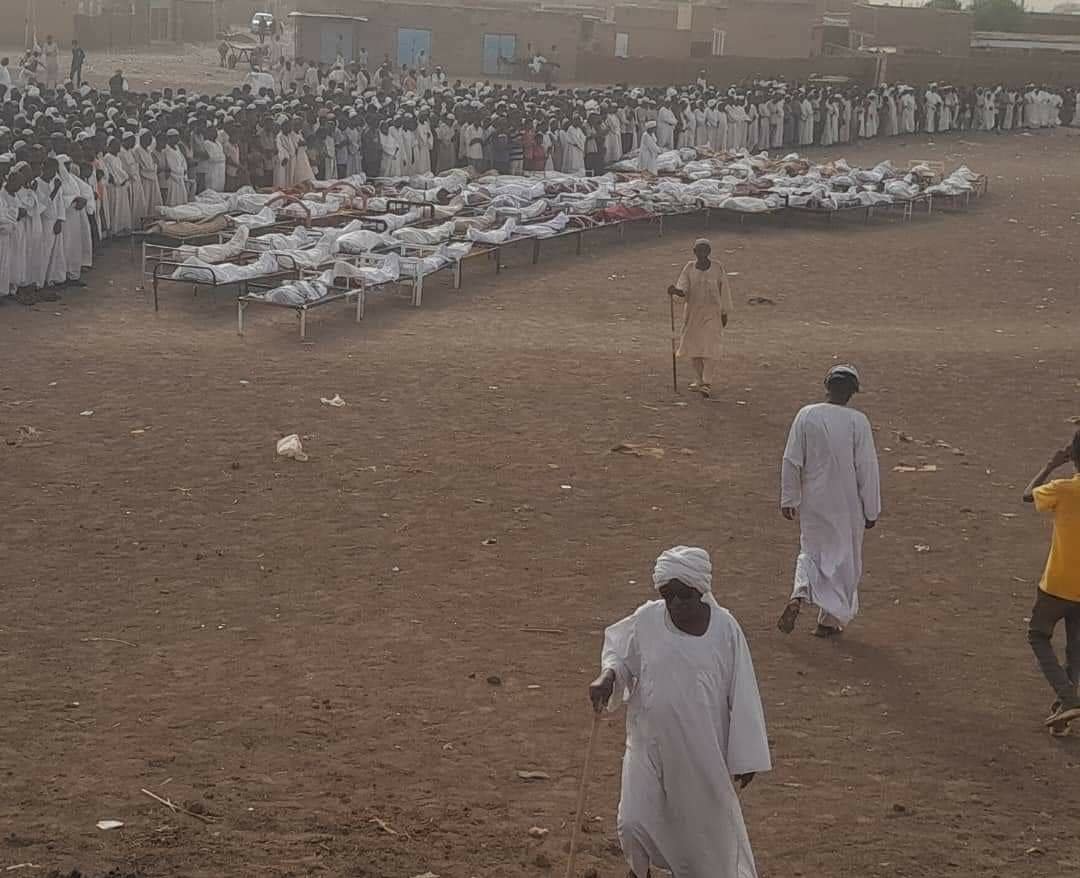




Leave a Reply